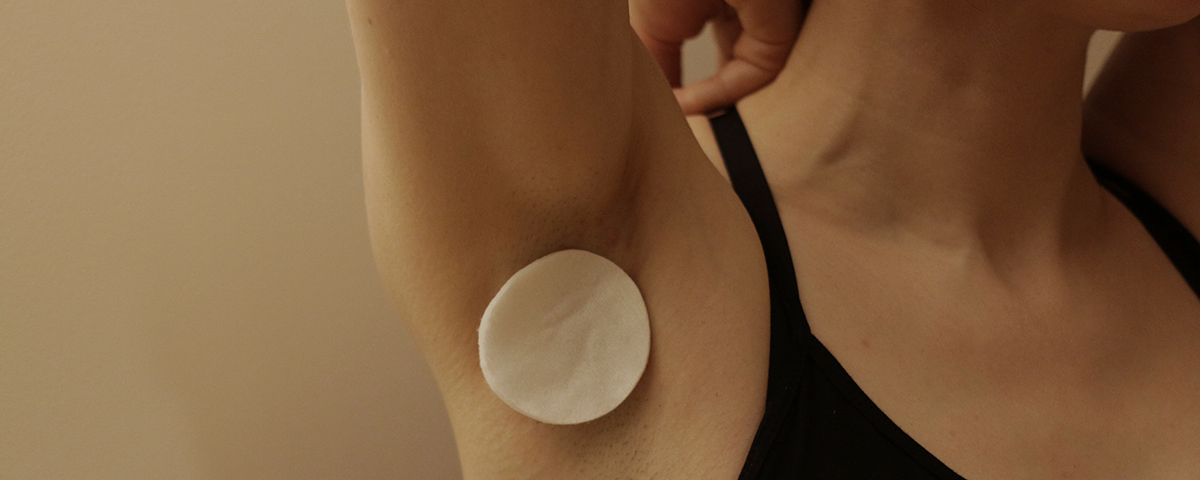
I smell a rat | Lauryn Mannigel
Monday, September, 30, 6 pm – 9 pm
Free workshop | Registration is required
At Studio XX
While all body scents* remains stigmatized in Western culture, female body scents* have a history of particularly bad associations. In this workshop, participants will critically engage with gender-related judgments on body scents*, through a presentation, discussion, and hands-on experiments. With special attention to social and cultural norms in relation to body scents perceived as female, they will explore the following questions: How do we react towards our own body scents*? Can we overcome prejudice or even disgust, by cultivating curiosity?
Workshop plan:
- Greetings and introduction to the science of smell
- Collection of body scents*
- Smell exercise with body scents*
- Presentation and discussion: historical and contemporary examples of taboos surrounding female body scents in Western culture
- Smell exercise with chemical and organic products
To register, contact ateliers@studioxx.org before September 20th
*The term ‘body scent’ refers to the entire spectrum of human body odors, both natural and modified through addition of products such as shower gel, aftershave, essential oils or the like. Overall, all activities (such as reading, exercising, working, etc.), as well as food choices and health situation have an effect on our body scents.
Advice on olfactory matters by perfumer Marc vom Ende.
Studio XX is proud to collaborate with VIVA! Art Action to present Lauryn Mannigel’s work. Don’t miss Smell Feel Match at VIVA! Art Action on September 24th and 25th. Smell Feel Match was commissioned for “Experiment Zukunft”, a joint project of University Rostock and Art Center Rostock.”
Photo credit: Sabrina Meissner
______________
“SMELLING EACH OTHER WITH LAURYN MANNIGEL”
LYNDSEY WALSH
The scents of our bodies waft around us and are encoded in a deeply social and cultural set of behavioural practices. In her upcoming workshops at Studio XX, artist and researcher Lauryn Mannigel asks us to explore the olfactory experiences of ourselves and others.
In Mannigel’s “I smell a rat”, participants will engage in a dialogue about body scents and gender, with a specific focus on the stigmatization of feminine odours. Through personal investigation and group scent exploration, participants will be led through two exercises to develop critical thinking about how individuals can identify and change their entrenched judgements on the way we smell. Mannigel’s artistic practice works to overcome histories of “othering” consciously and unconsciously embedded in social interactions. Her works “Love Sweat Love” (2016), “Eat Me” (2018), and “Smell Feel Match” (2019) have artistically investigated how people perceive the body scents of others, and in 2017 her research findings were presented at the interdisciplinary Human Olfaction Conference.
Mannigel’s interest in the process of “othering” stems from the analysis of Constance Classen. Classen discusses olfactory classification as a boundary drawing process between different groups. She explains that in male-dominated societies the odour of the feminine tends to be treated as a “feared other”1. In line with notable feminist theorist Rosi Braidotti, Mannigel’s work asks us to reflect on the relationship between our biology and our culture. As Braidotti notes, a narrative of embodied difference has been especially embedded in discourses on gender. This notion of embodied difference has long dictated our perceptions and assumptions about the bodies of others.2 The question of how smell factors into our long-held societal assumptions becomes increasingly important when thinking about the role that smell plays in social interaction.
Lauryn Mannigel is an artist-researcher and curator based in Berlin. Mannigel currently investigates the politics of body scent by unveiling judgements that people have pertaining to their experiences of others.
Lyndsey Walsh is an American biological artist, designer, writer, and visiting scholar at Humboldt-Universtat zu Berlin Department of Experimental Biophysics.
1 Classen, C., 1993. Worlds of Sense: Ch.6 Worlds of sense, in: Worlds of Sense: Exploring the Senses in History and across Cultures. Routledge, London, pp. 121–138, 156–158.
2 Price, J., Shildrick, M., Braidotti, R., 2019. Signs of Wonder and Traces of Doubt: On Teratology and Embodied Differences, in: Feminist Theory and the Body. Routledge, pp. 290–301. doi:10.4324/9781315094106-34